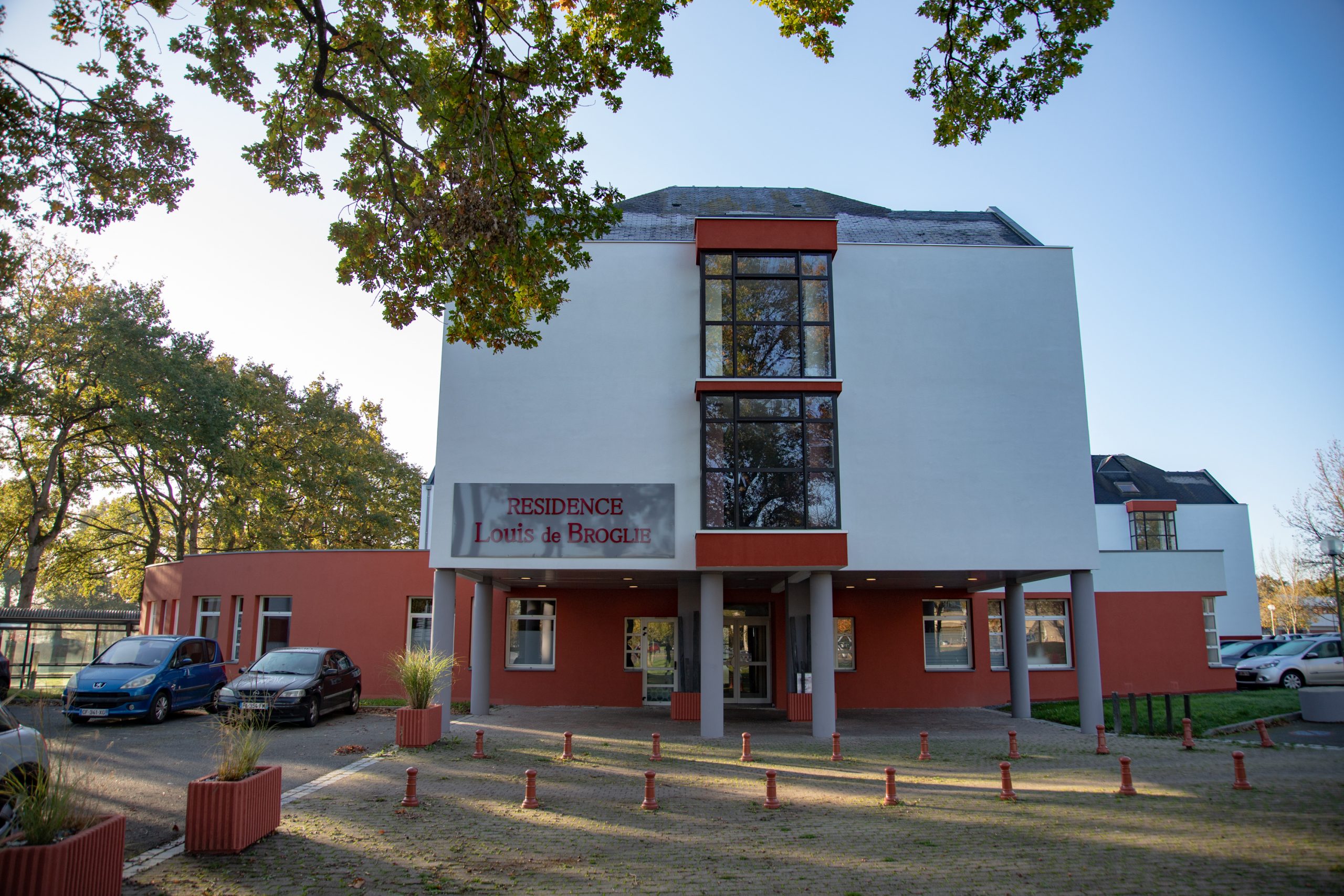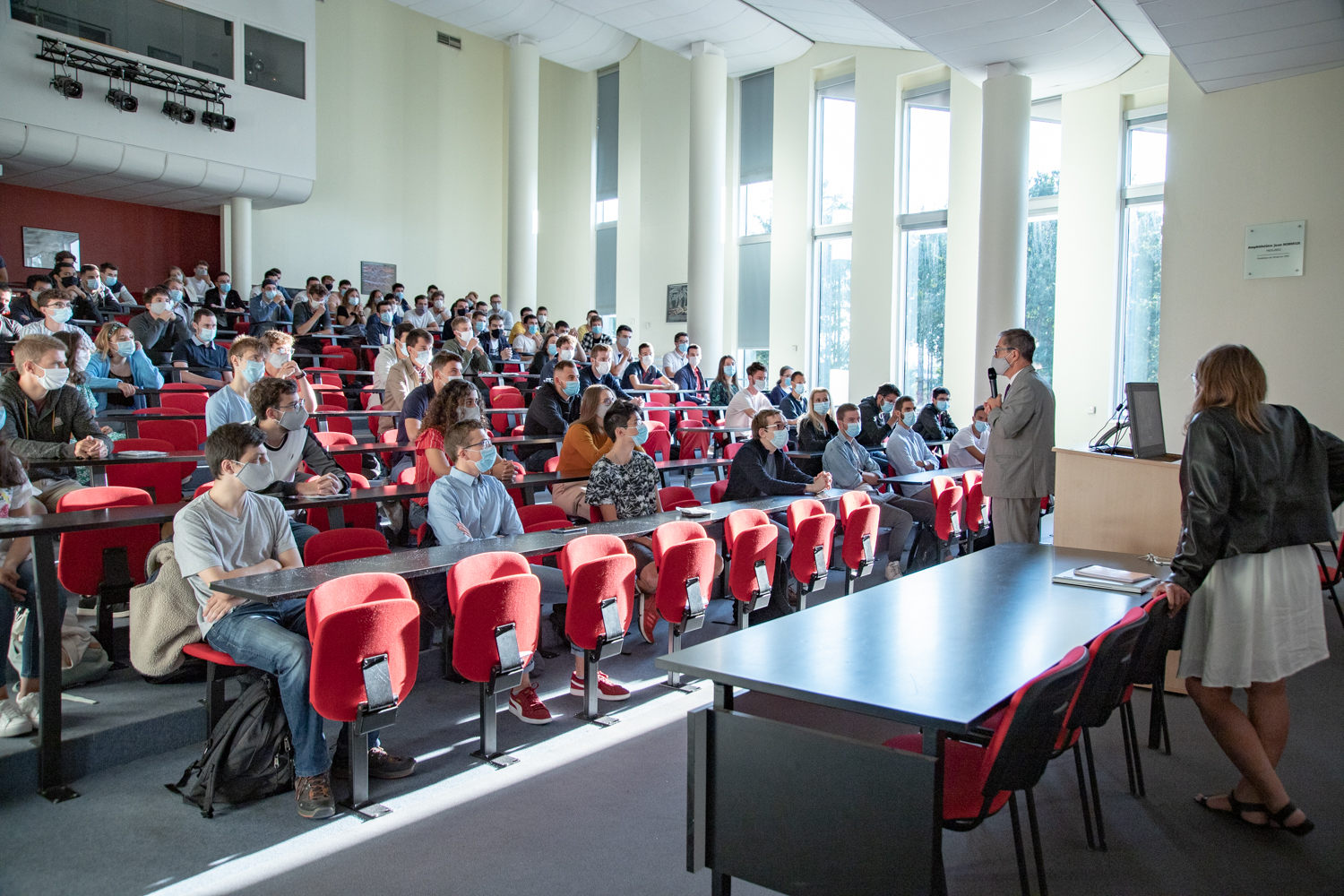Pay your contribution to campus and student life.
Open a dedicated Bank account : it can be very handy to open a bank account in France, in particular for paying bills (electricity, telephone, rent) and subscriptions (transportation, Internet). You will also be able to cash any wages you receive and it’s easier to be reimbursed for healthcare expenses. A French payment card also lets you pay for most things so you don’t have to carry large amounts of cash with you. A foreign student can open a bank account in any bank in France. The different banks have branches in most cities; just open the door and make an appointment with a counsellor.
Validate your residence permit : If you came to France with a long stay visa used as residence permit (VLS-TS in French), you must validate your visa as soon as you arrive in France. The process is entirely digital: you can do everything remotely, at home, on your computer. You must validate your visa within 3 months of arriving in France at the very latest.
Register to health care : if you have a European Health Insurance Card (EHIC), you don’t need to register to the French social security. You can use your card and receive care in France. This card is issued in your country. If not, you must register to the French general social security system. Registration is done online by logging in to the website of the health insurance dedicated to foreign students. Registration is free. You must complete your registration immediately after the registration to your institution and after the validation of your visa.






